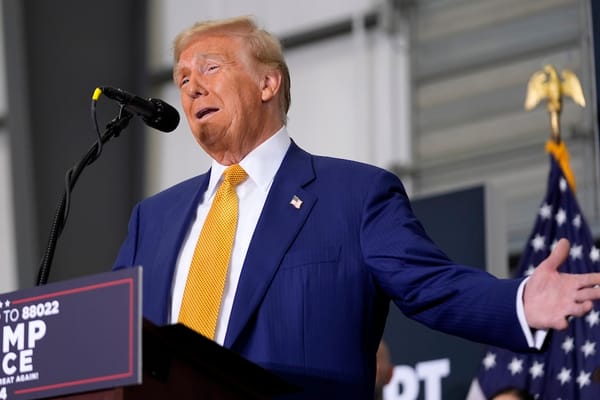Huawei’s Success In China A Win For Washington, Expert Says
The Chinese telecom giant is finding greater financial success on home turf, keeping it away from the U.S.
Benjamin Kahn

April 16, 2021— The Biden administration’s current maintenance of the previous government’s policy on isolating Chinese technology companies is appearing to pay off, according to experts.
Huawei, which has become the American symbol of alleged Chinese espionage, has seen increasing success in its home country of China, which is where the U.S. wants it to stay, experts say.
“The more you isolate Chinese tech companies, the more the [Chinese] government keeps them at home,” said “Splinternet” author and journalist Scott Malcomson at a Techonomy panel on Wednesday. He added that this strategy is beginning to pay off, citing the Chinese market now being more profitable for Huawei than going abroad.
The United States has instituted a number of restrictions against Chinese telecommunications companies like Huawei and ZTE, which has forced these companies to pivot.
He described China’s “soup to nuts” effort to establish a completely independent network: everything from satellites, to undersea fiberoptics, to e-commerce companies—China’s primary goal was to be able to handle all these sectors domestically.
Joy Tran, who is senior vice president of public affairs for Huawei Technologies USA, corroborated the company’s domestic success, saying the Chinese market is now the biggest part of Huawei’s portfolio, which makes up 65 percent of its global revenue.
But Tran also said the company has always been completely compliant with Chinese and American law. “The US government really never told us about their concerns—we don’t understand [why Huawei is restricted from U.S. networks].”
Tran stated that Huawei has never had any “cybersecurity related issues,” and pointed to Huawei’s long-term operation in the U.K. as evidence that Huawei is not a bad-faith actor. Huawei also has deep relationships with academic and government institutions in Canada, which is the only country in the Five Eyes intelligence pact – which includes the U.S., Australia, New Zealand, Australia – that has yet to make a determination about whether to ban Huawei from parts of its 5G networks.
Security concerns with Huawei
Tran also attempted to dispel the notion that the Chinese government forced Huawei to maintain backdoors into their hardware and software for spying purposes.
Though the U.S. government has long maintained the opposite, Malcomson argued that the point was moot. “Frankly, if you have a front door, you don’t really need a back door.” Malcomson said that the backdoor argument was merely a red herring that distracted from China’s aspirations and behaviors it had engaged in over the past several years.
Zachary Karabell, another author and former head of a financial services firm, argued Wednesday that the ongoing duel between the U.S. and China over Huawei’s standing was emblematic of the entire U.S.-China relationship.
Karabell’s position is that the question needed to be reframed: the question that needs to be asked is not, “Is the U.S. spying on China and is China spying on the U.S.?” The answer is clearly, yes.
The question that Karabell believes has not been sufficiently addressed is whether the production of equipment and the location of where said equipment is produced offers a competitive edge for intelligence gathering efforts.







